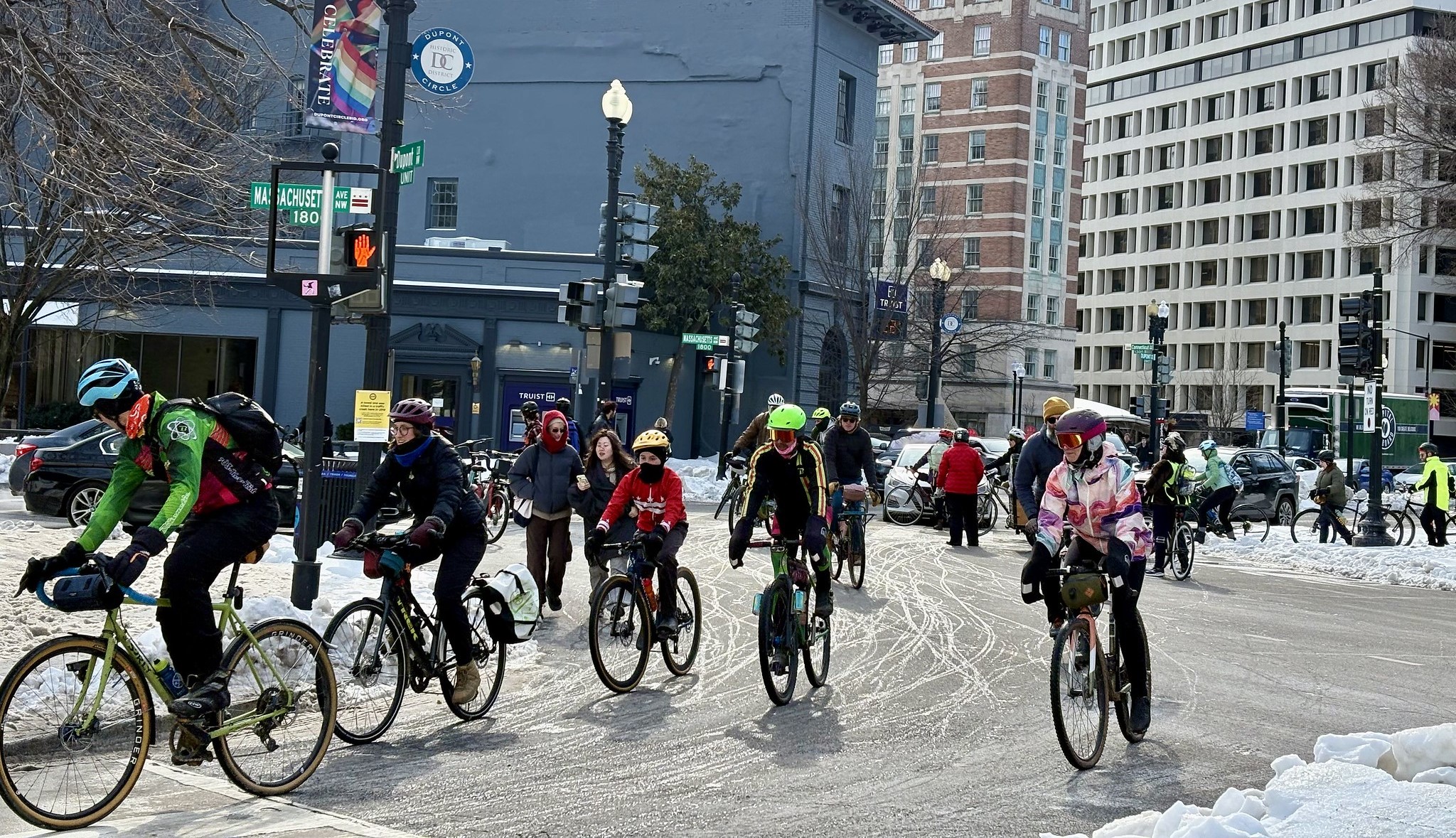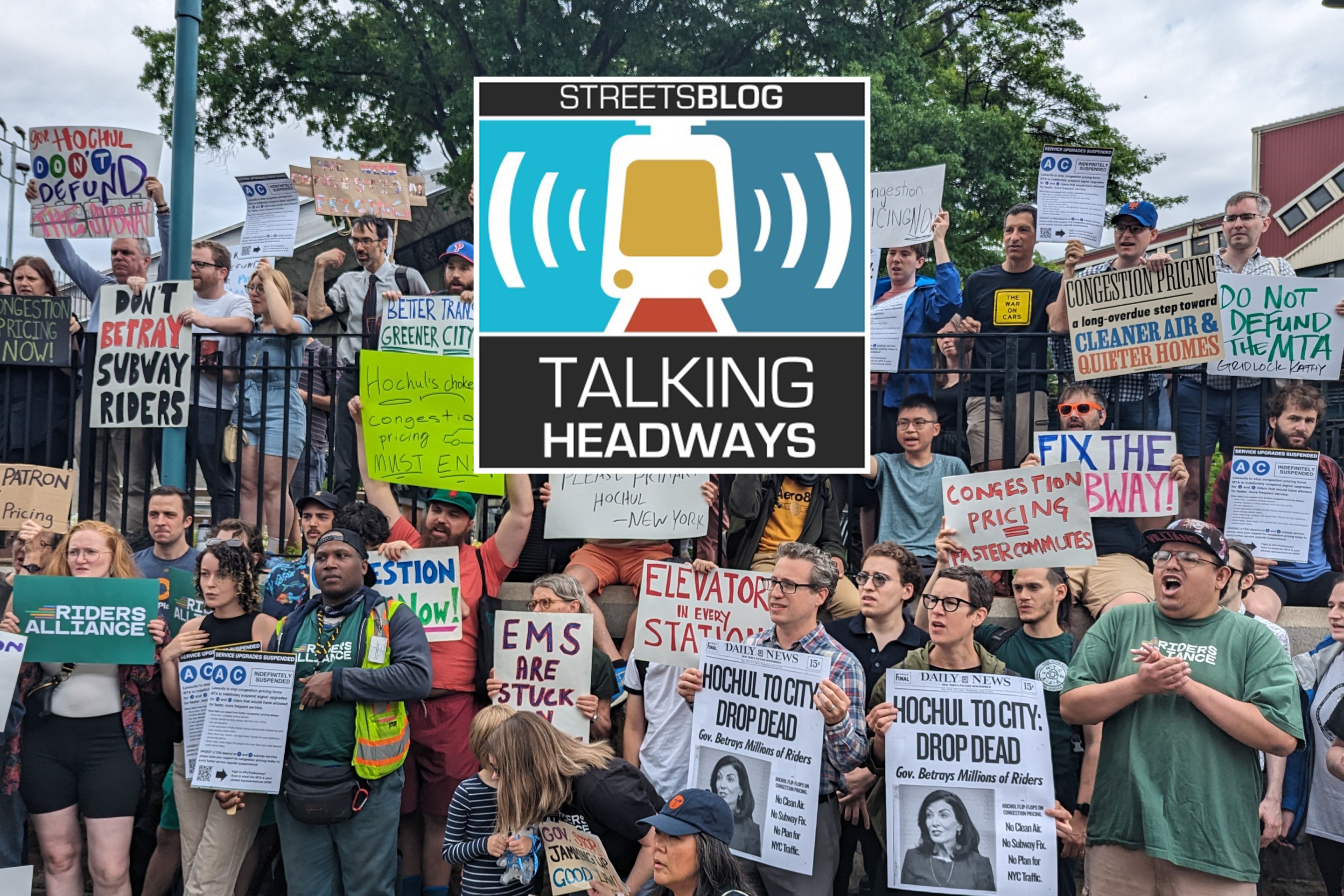The financial ratings agency Standard & Poor's has a new report out that presents a bizarre theory about dangerous conditions on American streets. It's the Millennials' fault, "but not in the way you think," they say. Prepare yourself for some ratings agency clickbait!

Standard & Poor's blames Millennials not only for the poor state of transportation infrastructure but also the impending decline of the entire American economic enterprise. Here's why: They're driving less.
Richard Masoner at Cyclelicious has more:
A new report from Standard & Poors Credit Research (“Millennials Are Creating Unsafe Conditions On U.S. Roads–But Not In The Way You Might Think, purchase for $850 if you want to read the whole thing) claims this new trend of driving less, and driving in smaller, more fuel-efficient cars, leads to less gas tax revenue (which is true), which in turn leads to less funding for road projects (also true), which in turn makes driving more dangerous! (ummmm... what?)
Because Millenials choose to spend their money on locally built housing instead of imported cars and fuel, S&P predicts financial doom for America:
“This drop in funds available to construct and repair the country’s infrastructure could, in our view, weigh on growth prospects for U.S. GDP, as well as states’ economies, and, in some cases, where states and municipalities choose to replace the lost federal funds with locally derived revenues, could hurt credit quality,” said Standard & Poor’s U.S. Chief Economist Beth Ann Bovino.
Masoner couldn't plunk down $850 to read S&P's illuminating study, so he has to speculate somewhat:
I don’t know what S&P recommends as a solution. Do they want people to spend more on Canadian petroleum to improve the U.S. economy? The Federal gas tax has been fixed at 18.4¢ per gallon since 1993, well before today’s Millennials could vote or drive. That 18.4¢ buys only 60% of highway spending compared to 1993 dollars. And nobody talks about the significant roadway damage caused by the trend in larger vehicles that Gen Xers like me bought in the 90s and early oughts.
Regardless, S&P's circular argument couldn't be more wrong, says Masoner, and it's pretty simple to see why. The less Millennials drive, the less damage they can cause with their cars.
Elsewhere on the Network today: The Urbanist reports that Seattle is getting six new school safety zones equipped with speed cameras. West North considers the economic value of filling in a high-profile DC parking crater. And Transport Providence shares an open letter to Rhode Island's governor on how to bring the state's transportation network "Back to the Future."





